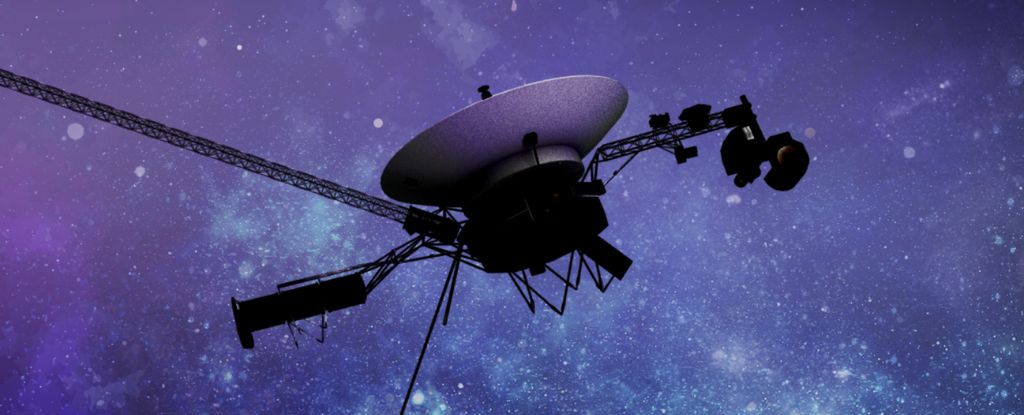Russia must be held accountable for “an element of genocide” it’s perpetrating by taking thousands of Ukrainian children from their homes and trying to erase their Ukrainian identity, Prime Minister Justin Trudeau said Sunday at the end of a global summit focused on restoring peace between the two countries.
More than 90 nations attended the two-day weekend summit, which aimed to spark discussions of a path toward ending the war that has dragged on since February 2022.
A joint statement signed by the bulk of participants called for the “territorial integrity” of Ukraine to be the basis for any peace agreement, but Trudeau’s primary focus was on Ukrainian children caught up in the conflict.
“Regardless of what a given person or a given country around the world might think of the causes of the war, or the responsibility that Russia wields, everyone can agree that taking kids away from their families, trying to erase their language, their culture — that’s an element of genocide,” Trudeau told reporters on Sunday morning.

“That’s pure colonialism. These are things that Russia needs to be accountable for.”
Trudeau stopped short of using the term when he was asked about allegations that Israel is committing genocide in Gaza.
He spent Sunday afternoon travelling back to Ottawa, concluding a five-day international trip that included the G7 leaders’ summit in Italy.
Before departing, Trudeau participated in the closing news conference alongside Swiss President Viola Amherd, Ukrainian President Volodymyr Zelenskyy, European Commission President Ursula von der Leyen, Chilean President Gabriel Boric and Ghanaian President Nana Akufo-Addo.
“In the coming months, Canada intends to host a foreign ministers’ meeting to advance the work on the human cost of this war,” he announced during his remarks.
Earlier that day, Trudeau co-chaired a session alongside Norway on the human dimension of the war, which touched on prisoners of war, civilian detainees and deported children.

The Prime Minister said The international community must not only draw attention to nearly 20,000 Ukrainian children taken by Russia, but must work to see them returned and ensure Russian President Vladimir Putin and those involved are “held accountable for these crimes against humanity.”
Breaking news from Canada and around the world
sent to your email, as it happens.
When asked about his use of the term “genocide,” Trudeau said Canada generally looks to international bodies to weigh in on when the word is appropriate. In this instance, however, he pointed to a speech Putin gave before the current war in which he said “Ukraine wasn’t a real country and wasn’t a real language and was really just a part of Russia.”
“That erasure of identity, that minimizing of a culture and negating of a national identity, is one of the ingredients of genocide,” Trudeau said.
With Russia absent from the summit, the meeting in Switzerland was largely seen as a symbolic effort by Kyiv to rally the international community to Ukraine’s cause.
Attendees faced a tricky balancing act, with many chastising Russia for breaking international law while hedging their positions to leave the door open for Moscow to join future peace talks that might bring an end to the conflict one day.

Several leaders at the summit also stressed the importance of upholding international law everywhere in the world.
Boric drew parallels between the war in Ukraine and the one raging in the Middle East since Hamas’s deadly Oct. 7 attack on Israel.
“We strongly believe that this situation represents a serious violation of international law and human rights, the same principles we must say that are being disregarded by the Israeli government in Gaza,” he said during Saturday’s opening plenary session.
As the International Court of Justice hears South Africa’s genocide case against Israel, Trudeau is holding off on using the term to describe the situation in Gaza.
“We are continuing to follow the international institutions that we have. We continue to … watch the work done with the ICC and ICJ. Canada supports international law and we always will,” he said.
In their joint communique, 84 summit participants said “the United Nations Charter, including the principles of respect for the territorial integrity and sovereignty of all states, can and will serve as a basis in achieving a comprehensive, just and lasting peace in Ukraine.”
Several countries in attendance did not sign the communique, including India, Saudi Arabia and South Africa.
The communique said any threat of nuclear weapons in the war against Ukraine are “inadmissible.”
The signatories also said food security should not be weaponized, all prisoners of war must be released by complete exchange and all deported children must be returned to Ukraine.
They also acknowledged that “reaching peace requires the involvement of and dialogue between all parties.”
Canada has also announced a $52.4-million package to help Ukraine. The money will go toward a range of initiatives, including support for abducted persons as well as survivors of war crimes and sexual violence.
Back in February, a UN committee concluded there is evidence of the forcible deportation of Ukrainian children by Russia.
It cited figures from the Ukrainian government that some 20,000 children had been transferred from their homes, with Bragi Gudbrandsson, the committee’s vice chair, adding it was difficult to pinpoint exact numbers. He said Russia denied the accusations.
The committee also raised concerns about these deported Ukrainian children being given Russian citizenship.
Trudeau also said Canada remains committed to delivering the air defence system it promised for Ukraine more than a year ago. He said it is being built by the United States, adding Canada is working with partners there to speed up production.
This report by The Canadian Press was first published June 16, 2024.
— With files from The Associated Press
























Discussion about this post